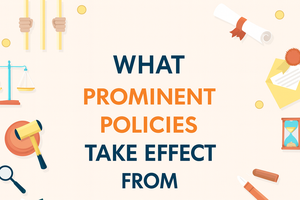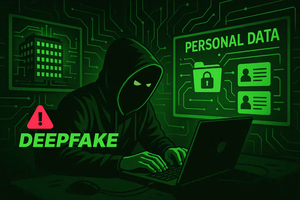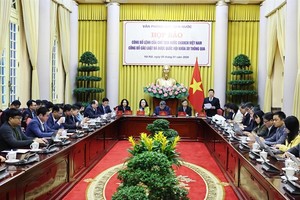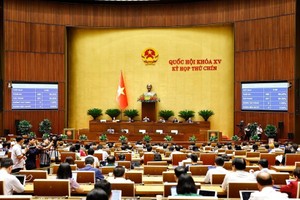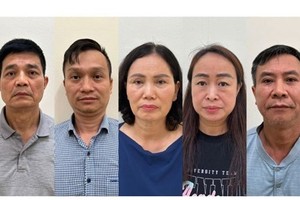
The ministry said that the law was passed by the National Assembly in 2005, and it had played an important role in creating a legal basis to promote e-transactions, promoting the application of information technology and contributing to socio-economic development for nearly 15 years.
However, there are some shortcomings which needed to be amended and supplemented after 15 years of implementation.
Statistics in the E-Commerce White Book 2019 showed that the size of the e-commerce market reached about 7.8 billion USD in 2018, including online retail, travel, marketing, entertainment and purchase of other digital products and services. If the growth rate continues at 30 percent, the market size will hit 13 billion USD by the end of this year.
However, many experts believed that the implementation of contracts, digital signatures, electronic authentication and payments still had many shortcomings which limited the development of electronic transactions even though the Government had a policy to promote the digital economy.
According to the MIC, the goal is to build in the direction of expanding the scope to suit the development of Industry 4.0 and the digital economy.
At the same time, the revision also aims to suit international treaties related to free trade agreements in which Vietnam is a member to facilitate the promotion of development as well as the protection of legal rights and interests for those participating in e-transactions.
The amendment and supplementation draft will include regulations on prohibited acts related to electronic identification and authentication, electronic transactions among state agencies, electronic transactions between state agencies and organisations and individuals.
The ministry will be the agency responsible to the Government for coordinating with relevant ministries and agencies in performing the state management of electronic transactions.
The draft will supplement the regulations on converting paper documents into electronic documents and additional regulations on electronic identification, authentication, trusted services and service providers.
